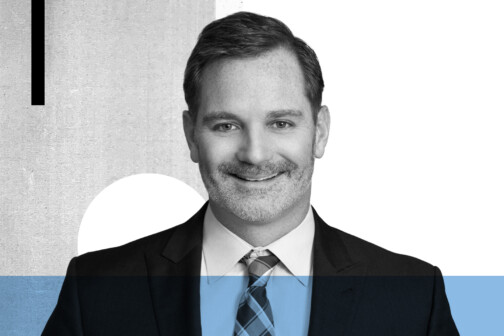After 18 days and 47 witnesses, the federal government rested its case last week against defendants in the Forest Park Medical Center case involving $200 million in insurance payments that were influenced by alleged kickbacks and bribes.
On Monday, the defense began with testimony from now-bankrupt Forest Park Medical Center’s Director of Bariatric Services Carli Hempel, who is being accused of selling Medicare and Medicaid referrals to other facilities because Forest Park was not eligible to bill those entities.
Hempel worked for Forest Park from 2008 to 2011. She was recruited to Forest Park by Alan Beauchamp, a co-founder who pleaded guilty last year to paying bribes to specialty doctors to bring their surgeries to the now defunct medical center. He faces up to five years in prison. Hempel was a bariatric surgery patient who switched careers to work in the field that meant so much to her, and worked her way up from receptionist to director of bariatric surgery at various hospitals, including Forest Park.
Her testimony centered around her trust in Beauchamp and lack of knowledge of any finances or decisions made about the alleged kickbacks and bribes. On several occasions, she said how she had no reason to believe any of the practices of Forest Park were illegal, and emphasized her lack of medical ethics training. She also described the number of services that the hospital offered for patients before and after surgery. Bariatric surgery is meant to help patients lose weight, but lifestyle changes have to accompany the surgery to have a lasting impact.
Under questioning from her defense attorney, she claimed to not know that selling the information of Medicare and Medicaid patients was a problem either. She also described payments made to doctors as marketing agreements that were out in the open and not done in secret, further convincing her that all the habits of the facility were above board.
Under cross-examination, the tone of the conversation changed as the prosecutor went after the indicted witness. Asked bluntly whether Dr. William Nicholson IV was getting paid to send surgeries to Forest Park, Hempel leaned on the marketing explanation. “Companies do marketing to increase business, and our business was surgery,” she said. Hempel said she wasn’t aware if similar agreements were made at other hospitals where she worked.
Prosecutors then questioned her about how patients who didn’t have insurance with lucrative out-of-network benefits were steered elsewhere, maximizing the profits of the hospital. The hospital remained out-of-network for all insurance except for a couple weeks of its existence.
When questioned about selling the patient information, the prosecutor highlighted on Hempel’s experience in the healthcare industry to show that she should have known better. The government pointed out Forest Park’s compliance guide and employee handbook that prohibited giving and taking money for referrals. “I believed my managers were following guidelines,” Hempel testified. “I had no reason to suspect anything else.”
Prosecutors described another troubling interaction with a physician who was offered money based on the number of patients he referred to Forest Park, but who refused, saying it was illegal to do anything other than a flat fee for a marketing arrangement. Hempel said she trusted Beauchamp, who assured her that the doctor was mistaken, but that they would change the arrangement. “I took the word of my boss that everything was okay,” she said. “I did what they told me to do.”
The defense continues this week in the U.S. District Court of Northern Texas.




